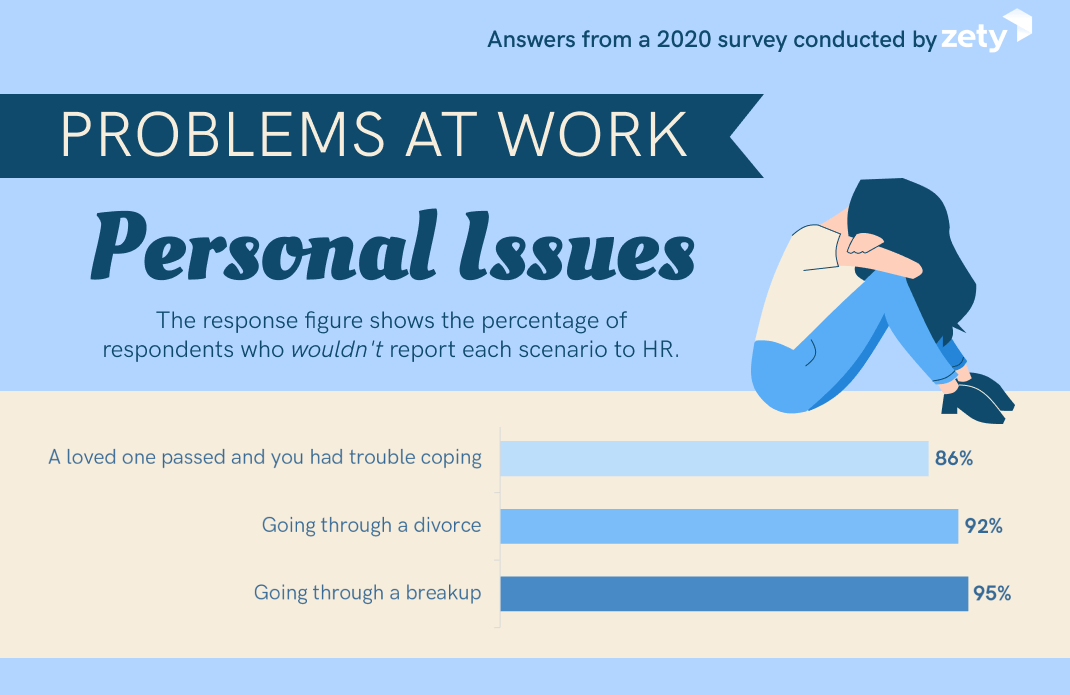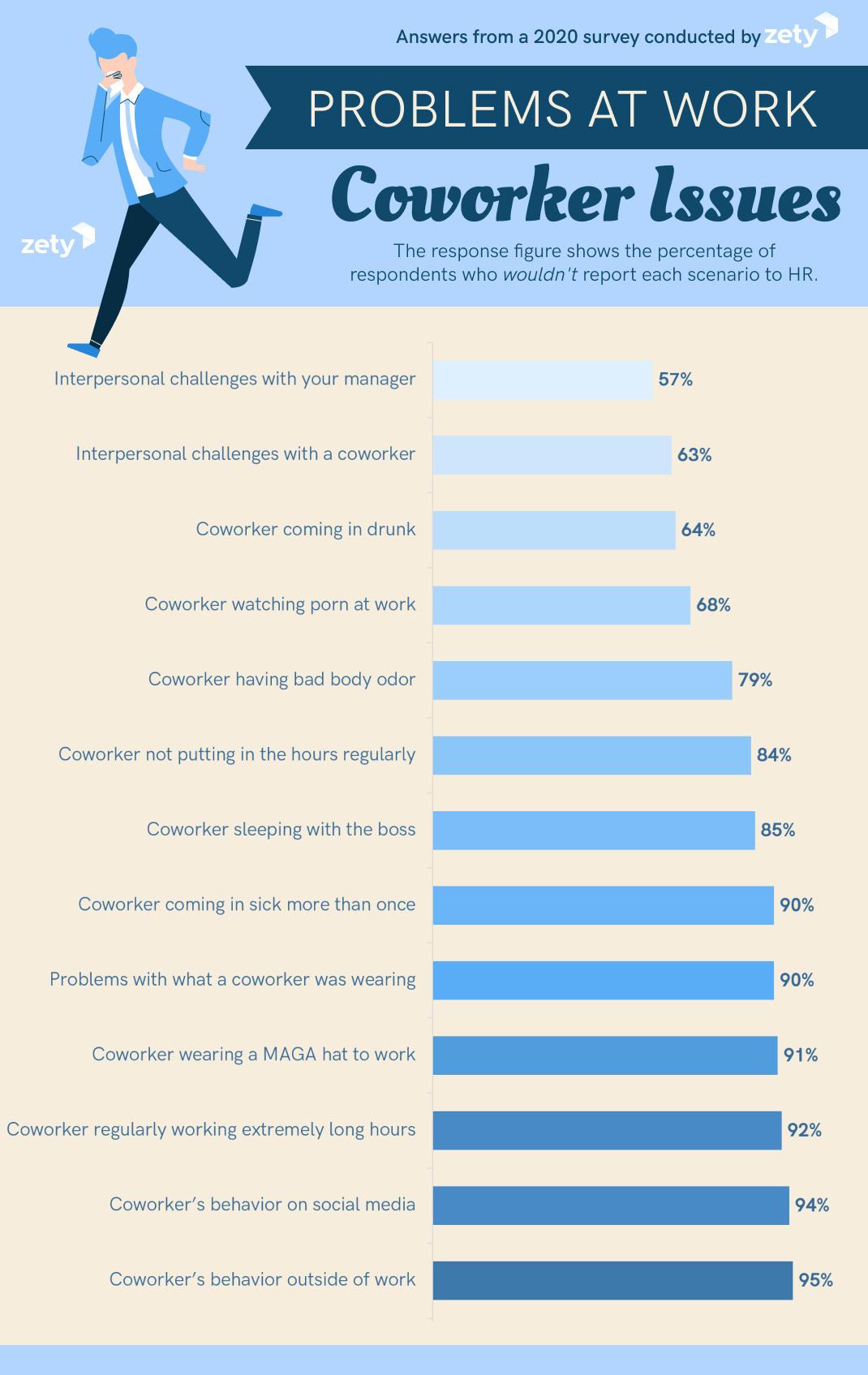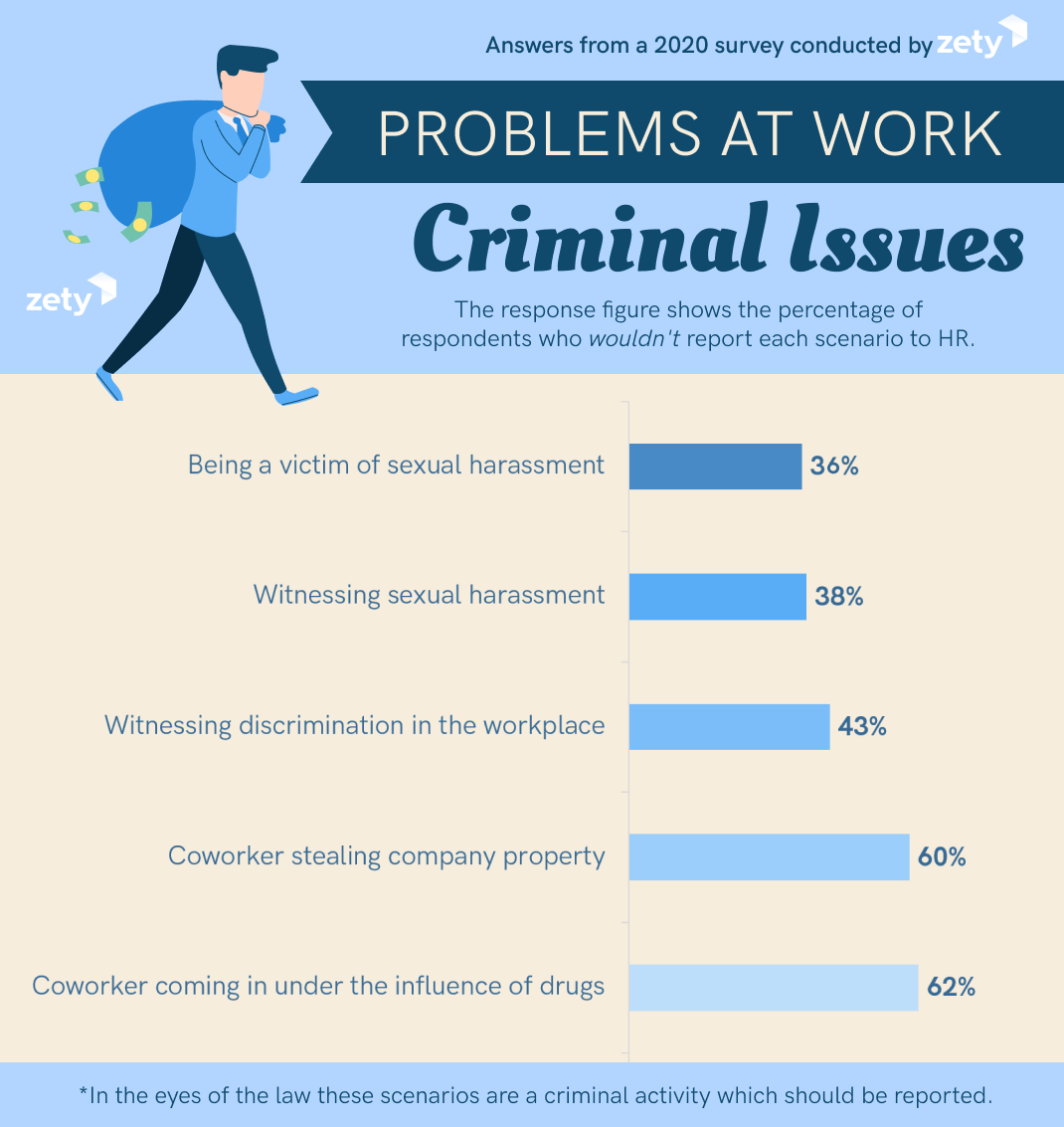How ‘human’ is people management in the Philippines, is there a science to measure it?

So much has been discussed about being humane in HR. I myself raised this in my human centered management article
The human in people management is the basis of either praise or complaint against HR. Let’s be honest, the opinion about HR is mixed. In some instances, people managers are hailed for their contributions to business and human development. Likewise, in different forums, HR is at the center of wrath by both employers and employees.
In this article, I will share the result of a survey conducted by Zety on how human is hr. Since HR practice in the Philippines is closely knitted to the west, the survey results may represent a semblance of reality in PH context.
My opinion though, the Qs used is kinda leading, but nevertheless will reflect the sentiment of employees towards HR- a consequence of the human connection or the lack of it, to the people in the organization.
THE SURVEY
926 Americans were asked about:
- Their opinions on how well HR professionals do their job.
- Whether they’d seek HR’s advice about a range of problems at work.
- To tell us the most unusual situation they’ve had to report to HR.
Respondents consisted of 57% females and 43% males. 12% of respondents were 24 or younger, 46% aged 25–38, 29% aged 40–55, and 13% 56 or older.
This self-report study investigated American employees’ opinions about HR. Respondents were asked 14 scale-based questions about specific qualities attributed to people management departments.
THE RESULT
On personal issues

On work issues

On criminal issues

In this section the most commonly cited criticisms towards people managers were used, survey administrators asked the respondents if they agree.
- HR is trustworthy: 50%
- HR gets too involved in office politics: 56%
- HR is consistent in their decision making: 50%
- HR has the info you need readily available: 58%
- HR staff lack experience in working with actual humans: 45%
- HR focuses on procedures rather than people: 48%
- HR provides effective career planning advice: 56%
- It’s hard to get a straight/timely answer from HR: 40%
- HR puts their own department above regular employees: 46%
- HR takes the side of the employee: 31%
- HR staff lack experience with the business side of things: 44%
MY TAKE
The result on the ‘personal issues’ section is a serious blow to HR
Based on experience, when tragedy struck on employees, the 1st person to know is either me or my staff. And we make our presence felt during this dark episode of our employees life.
The result on ‘co-workers issues’ is kinda understandable. The culture of ‘to each on his own’ in the workplace is also true in the Philippines. Filipinos would rather escalate this to their middle managers, rather than HR, or resolve it on their own. It is the middle managers who will raise these to HR if they need assistance to deal with the situation.
However, the results on the ‘criminal issues’ is also disturbing.
Why wouldn’t employees report such situations to the people management department? The administrators of the survey pointed to the HR Acuity’s 2019 Employee Experience Survey to explain the likely reasons
- Fear of retaliation. 46% of the respondents said they feared retaliation if they reported their problems.
- Lack of objectivity. 39% feared their complaint wouldn’t be dealt with fairly.
- Gender. Issues reported by men were 26% more likely to be investigated. Women’s complaints are more likely to be ignored.
I had an incident in the past when a female employee, after her contract ended, planned to pursue a case against her manager for sexual harassment. She is just awaiting the release of her final pay, and from there go to Tulfo to seek help.
I got hold of this matter in the course of a quiet investigation against the same manager for a similar complaint. I am hoping to substantiate the case by getting a collaborative statement from former employees. I took time to meet briefly those who are getting their final pay and sought feedback on how we can further improve HR services. Thus, this former employee opened up. When I asked why she did not report the incident, her reason was the manager was powerful and close to the VP.
CONCLUSION
To operationalize a ‘human-centered’ people management, pursuing these KRAs will help human resource professionals.
Be trustworthy
- Learn how to keep confidence
One person who sought my advice disclosed that he don’t feel comfortable on the coaching program of the company. When I asked why, he said the coach from HR discusses the issues of employees to her colleagues. - Implement in your department what you want other departments to follow
- Be consistent with your decisions and follow the process
- Disengage from value negating office politics
Clean your own house first
Be competent
- Be good on your job
- Improve your business acumen
- Be immersed on analytics
Know your numbers, inside and out. With this, you can answer anyone at anytime when asked about your department - Be aware of the trends outside your organization; best practices and alike
- Speak your mind in areas of leadership and employment. Always correlate your insights on productivity, peso value consequence of behavior and actions
- Communicate with confidence
- Be adaptive to change
Be a people champion
- Hear employees out, don’t just listen
Understand and empathize - Be aware of people issues outside your organization.
- Integrate human rights in human resources in your
company’s strategic framework - Tweak your policies to put employee welfare over process
- Develop a culture geared towards professional humility, courtesy and community service.
- Introduce a program that will make an intrapreneur out of the employees. This program can spin-off to an entrepreneurship off-boarding program
Do you find the survey result reflective of the Philippine HR landscape? Share your thoughts in the comment section.





